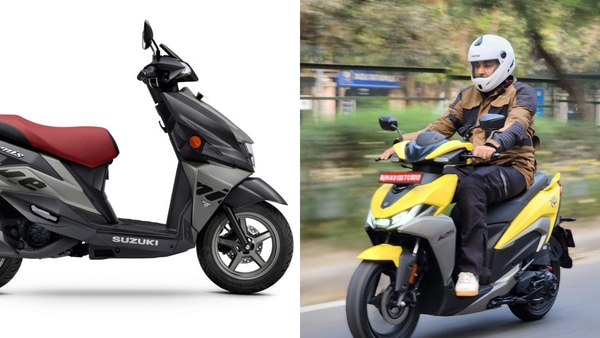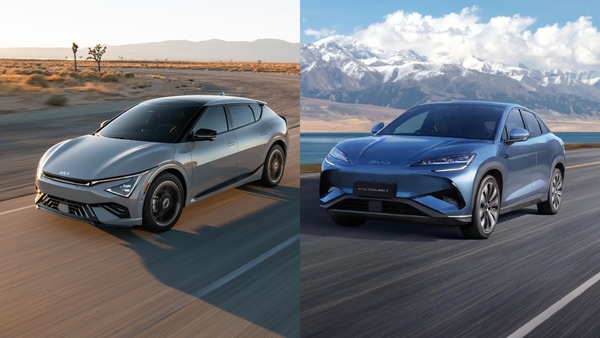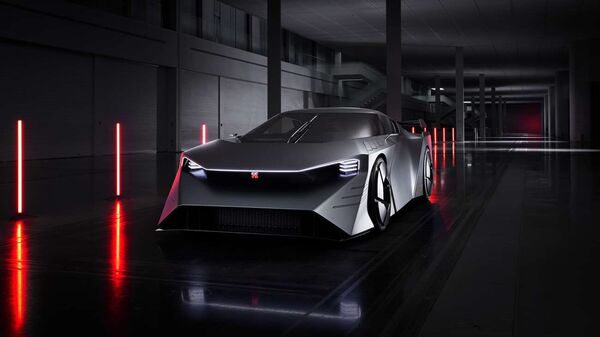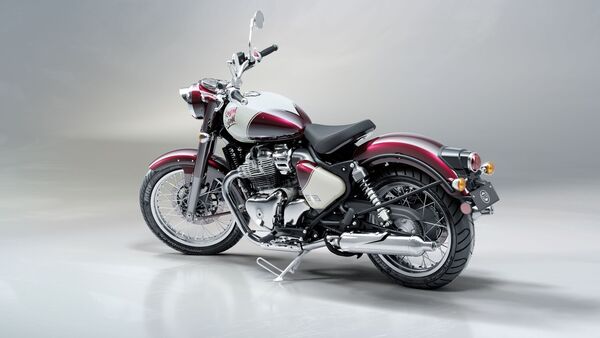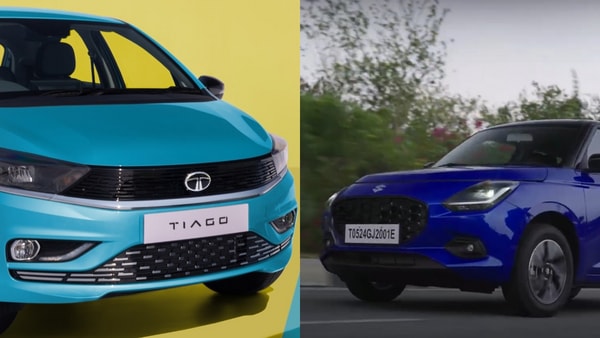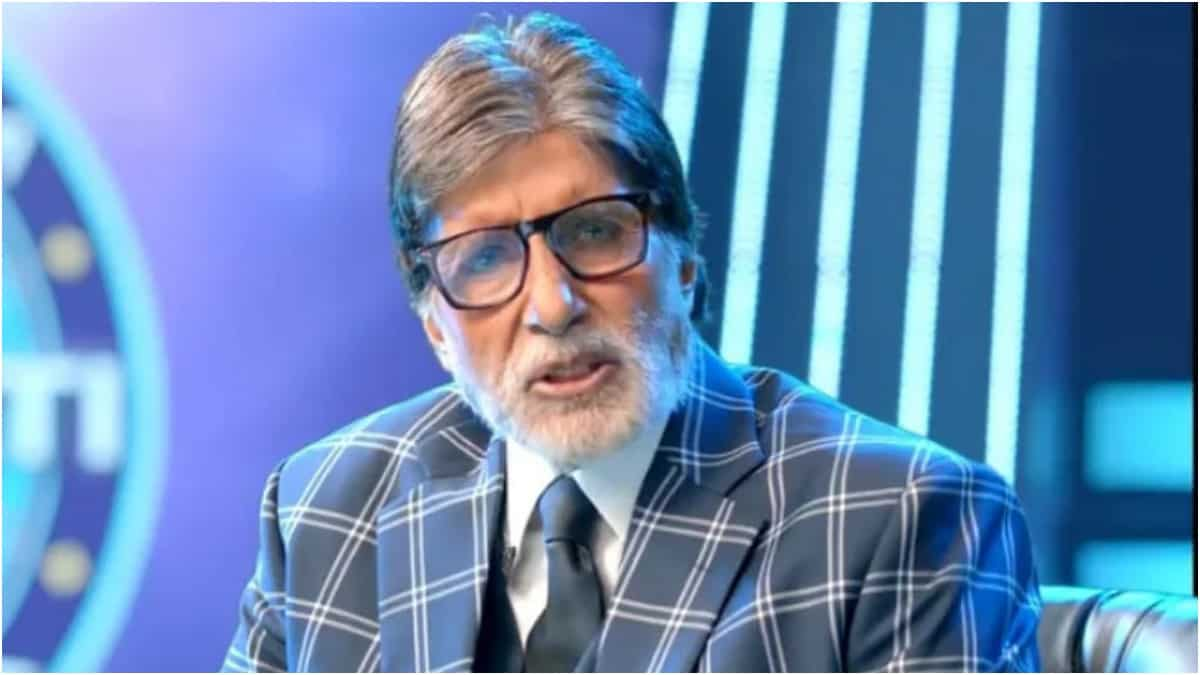
Jaguar Land Rover Puts Brakes on EV Production at Tata’s $1B Indian Factory
18 days ago | 5 Views
Jaguar Land Rover (JLR) has opted to suspend its plans to produce electric vehicles (EVs) at the forthcoming $1 billion facility of its parent company, Tata Motors, located in southern India, as reported by four sources with knowledge of the matter. Reuters indicates that the British luxury automobile manufacturer faced challenges in achieving an appropriate equilibrium between the pricing and quality of locally sourced EV components, a decision that also mirrors the waning demand for electric vehicles.
"All activities related to JLR electric vehicles in India have been on hold for approximately two months," stated one supplier source.
As global automotive brands recalibrate their electrification strategies in light of fierce competition from Chinese firms, an increasing inclination towards hybrid models, and shifts in government timelines regarding emission regulations and EV sales objectives, JLR's decision marks a notable change. This development is also anticipated to postpone the introduction of Tata Passenger Electric Mobility's inaugural premium Avinya model, as both the Avinya and JLR's electric vehicles were planned to be constructed on a shared platform, with certain components sourced collaboratively.
The construction of the new factory, which will also manufacture vehicles beyond just electric models, commenced in September. Once fully operational in approximately 5 to 7 years, the facility is projected to produce over 250,000 vehicles annually. The abandoned plans included JLR's production of more than 70,000 electric cars, alongside Tata's EV division producing an additional 25,000 units.
Sources who spoke to the media requested to remain anonymous due to the sensitive nature of the information. In a statement to Reuters, Tata emphasized that the production schedules and model selections for the new factory in Tamil Nadu would be in line with the overarching strategies of both Tata and JLR, while also addressing market demands.
As the top seller in India's burgeoning electric vehicle (EV) market, Tata is encountering heightened competition from companies like JSW MG Motor and Mahindra and Mahindra, which have launched new models equipped with advanced features and longer driving ranges. Furthermore, Tesla is in the process of preparing to enter the Indian market, which ranks as the third-largest automotive market globally, with approximately 4 million vehicles sold each year. Currently, EVs account for around 2 percent of total vehicle sales in India.
In November, JLR convened a meeting with local suppliers in Mumbai to outline its plans and emphasize the significance of sourcing components locally. While some suppliers were requested to submit initial pricing details for parts, those discussions have since been paused.
The majority of JLR's production occurs in the UK, Europe, and China, although it assembles certain models, such as the Range Rover SUVs, at Tata's facility in Pune, Maharashtra. Tata's EV division had intended to finalize orders with specific suppliers by the end of January; however, it is now reassessing its designs, as the financial viability of its plans hinges on JLR's participation. As a result, Tata has postponed the launch of the Avinya EV to 2026-2027, shifting the timeline from the previously scheduled date this year. It remains uncertain whether additional delays will occur due to the current circumstances.
"In our thorough product development process, we consistently assess critical elements such as design, supply chain readiness, and unit economics to guarantee a competitive and high-quality product," Tata remarked in its announcement.
Get the latest Bollywood entertainment news, trending celebrity news, latest celebrity news, new movie reviews, latest entertainment news, latest Bollywood news, and Bollywood celebrity fashion & style updates!


